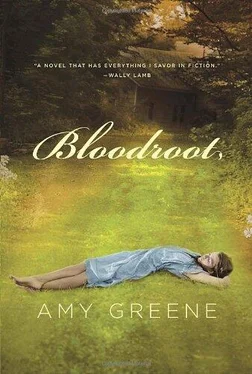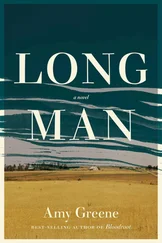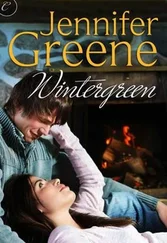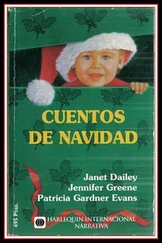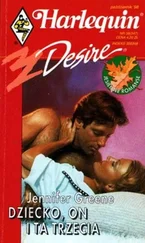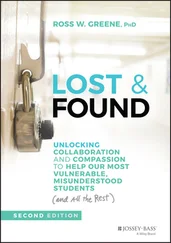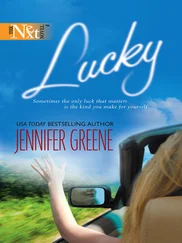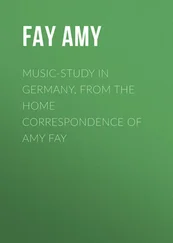She had bleached blond hair, permed tight, and some man’s name tattooed on her wrist. Her long fingernails tapped the cracked steering wheel as she talked on and on, false teeth slipping. She spoke of her no-good husband and her lazy sons and the arrogant foreman at the plant. I dozed with my head against the car window, her disembodied smoker’s voice loud in my exhausted head. She didn’t seem to mind or even notice that my eyes were closed, that I was drifting. She drove me all the way to the foot of Bloodroot Mountain without asking any questions. She said, “I can’t go up yonder. I’ve got to get back to the house before my old man wakes up.” I didn’t mind. I got out of her car and thanked her. It was a fitting way to come home. It was the third day of March, 1975. The sun was rising between the trees, fog low to the ground, the mountain high on both sides of me. I watched the woman’s taillights disappear back toward town.
I’d had time to rest in the woman’s car but my feet and back still wept. I was still sore between the legs and my shoulder felt dislocated where I’d yanked the hatchet free from the wood of the coffee table. It didn’t matter. The mountain looked beautiful, as if dressed up for my homecoming. I could have run when I saw the house. The house of Granny and Granddaddy and me, the house of us at supper in the kitchen, the house of being rocked on Granddaddy’s lap and reading books on the steps, the house, the home, of my soul and spirit. As I went up the hill there was no sound, of leaf or animal or even my feet in the dew-damp grass. It felt like I had been gone for a thousand years. Once I made it across the yard I could finally rest. My blood would run easy and warm from my head to my toes, not because of the mountain, but because of Granny and all that she was to me. I wondered if she would have a fire going. Yesterday’s warm weather seemed to have fled and it was a chilly morning. I thought of Granny bent over stoking the woodstove at night in the yellow-lit kitchen, potatoes sometimes baking in the embers, and how in the winter mornings before school, nestled under the blankets with my cold nose poking out, I’d hear her bringing in the kindling. All my life, she’d kept a good fire going for me. I imagined her pouring coffee, the wispy curl of her hair, the knotty crook of her finger. No matter the curse, no matter the charm, no matter the sins I’d committed, there she was, behind that door, as if she had been there since the world began.
But the closer I got to the house, the more I began to fear that I had returned too late. The place was so still, and Granny was usually up at this hour. She always said her old bones couldn’t rest for long. I noticed there was no smoke from the chimney, no light in the kitchen window. I moved faster to reach the door but hesitated before turning the knob. I pushed it open slowly, not wanting to see. It was like being twelve again, opening the door to Granddaddy’s death, only it was Granny this time, slumped in his chair, eyes closed and mouth slack. Beside her on the table was not a carved box, but a cup of coffee that I was sure had grown cold. Gray light crept across the floor toward her slippered feet. I froze as I had that other day five years ago looking at Granddaddy, no breath coming to fill my lungs. I ran to her and dropped to my knees. I gathered her legs in my arms, covered in broken blood vessels like ugly bruises. I buried my head in her lap and wept out loud. Then I felt a hand on my head, fumbling at my hair. I sucked in a breath and looked up. There was Granny, blinking as if she was still half asleep. “Myra?”
“Yes,” I said. “It’s me. I came home.” Her fingers tightened in my hair, tugged at the roots as she stared at me, maybe struggling to comprehend my real presence. Then she said, “Thank Jesus. I thought I was fixing to die up here without you.”
We cried together as I rested with my head on Granny’s knees, her hand tangled up in my hair. She seemed afraid to let go. When she finally released me, I raised my face and smiled at her through my tears. She opened her mouth, maybe to ask questions, but she must have decided against it. She wiped her cheeks with one shaky hand and said, “You’re plumb wore out. Let me put you in the bed and we’ll talk about it later.”
“I can’t sleep,” I said. But even as I dragged myself to my feet, I knew it wasn’t true. I could sleep, but only if she sat in the rocker for a while watching over me.
Granny pulled herself to her feet with a groan but then she stopped short, eyes growing wide. She was looking at the pocket of my jeans. I followed her stare and saw it, too, a stiff patch of dried maroon. She asked sharply, “What’s happened to you?”
“Nothing,” I said, still looking down at my pocket. Somehow I had managed to forget what I’d stuffed inside. I reached in and pulled out John’s finger. I offered it to her in the palm of my hand, the usual shine of Granddaddy’s ring dulled by John’s dark blood. We looked at it together. “They laws,” Granny said softly. “Is he dead?”
“I don’t know,” I told her. That’s when the reality of what I had done crashed down on me. “I ran off in a hurry. If he’s not, Granny, he’ll come up here after me.”
“Well.” She looked toward the bedroom. “I’ve got your granddaddy’s shotgun.”
“Oh no,” I whispered. “Look what I’ve got us into.”
She took hold of my chin. “Don’t you talk like that. I’m just praising the Lord to have you back. Don’t matter to me what it took to get you here.” She glanced down at the finger. “We’ve got to get rid of that thing.”
“No,” I said.
Her eyes flew open wide again. “You can’t keep that, and him might be dead. That’s evidence, girl! Why in the devil would you want to anyway?”
“I don’t know,” I said, crying again. “I can’t throw it away. Not right now.”
“All right.” She reached out to caress my cheek. “Don’t get wrought up. We’ll worry about getting shed of it later. But you can’t hold it like that.” She grimaced and it was the first time I’d ever seen Granny recoil from blood. It had always been natural to us here on the mountain, slaughtering hogs and killing chickens and birthing babies and treating Granddaddy’s various gashes and wounds. But this, I saw, was too much for her.
“Where’s the box?” I asked. “The one Granddaddy made me?”
“Myra—” she began, but something she saw in me, maybe the madness I could barely suppress, caused her to give up. “Come on,” she said, and I followed her to the back room. She knelt in front of her bed and pulled out the box. We stood in the growing sun as she opened it for me to lay the finger inside, still pushed through Granddaddy’s wedding ring. I put both ring and finger into the box and we looked at each other for a long moment across it. Her wrinkled face was blank. It was hard to guess what she was thinking. Then she clapped the lid back on the box and knelt, old joints popping, and replaced it in the cottony grave of the mattress hole. She took me by the arm and led me to the bed. “Get out of them dirty britches,” she said. “I’ll bring you a nightgown.”
“What if he comes?”
“I’ll set up with you.”
I undressed and climbed into bed. I was already half asleep before she returned with the gown. It smelled like her and my home. I slept for what seemed like days, having nightmares that John had come and hurt Granny and one where he ripped the child I was carrying out of my womb and ran away with it. I roused up and saw Granny sitting in the rocking chair watching over me, Granddaddy’s gun across her knees.
“Granny,” I said.
She turned to me, startled. “What, honey?”
“I’m going to have a baby.”
Читать дальше
